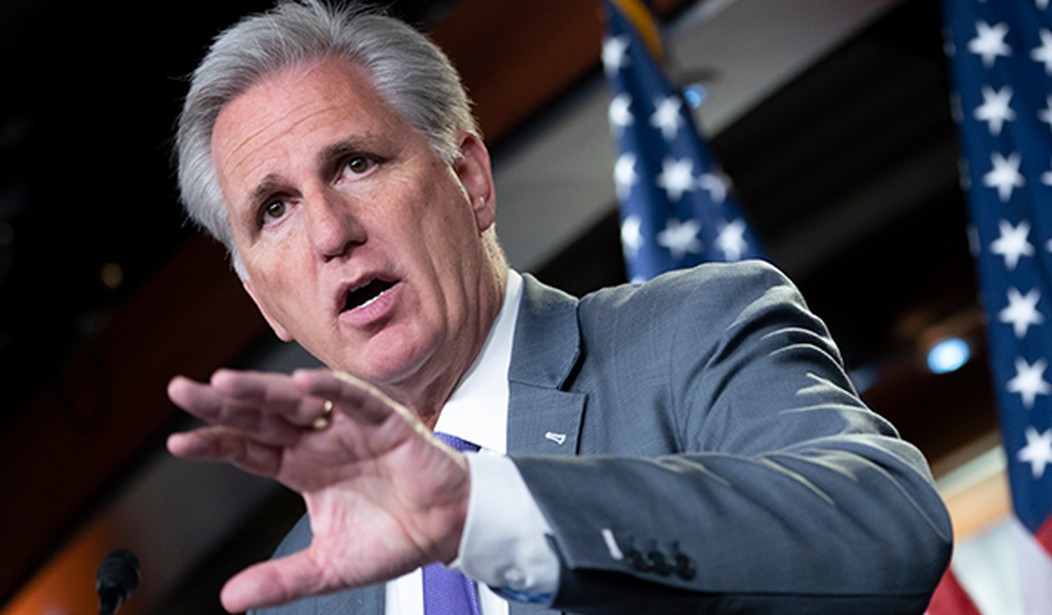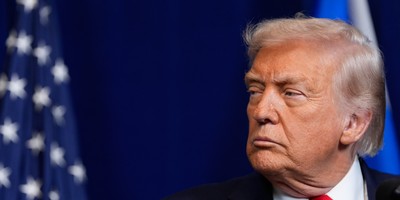Amidst the weekly political skirmishes between China and the U.S., whether it’s China temporarily blocking American airlines from resuming service there or the U.S. creating additional qualifications for listing on American stock exchanges to the detriment of Chinese companies, it’s easy to focus on the world’s most important relationship in terms of a temperature gauge: rhetoric heats up, tensions boil over, tempers rise or even flare.
That cadence of daily issues is accompanied by a number of bigger ones such as the role of Chinese mis- and disinformation campaigns, China’s influence in international organizations, or their theft of intellectual property, and all are worthy of time and consideration. The newly formed China Task Force intends to address these and many other issues, correctly understanding them as interrelated. Even with that accurate diagnosis, they should avoid focusing on any of these issues individually, however. Instead, with the right aim, the Task Force can better prepare America for the tough days ahead while proving its early critics wrong and serving as even more than a beachhead from which to mature the platform of the young, talented China hawk wing in Congress.
Why make this argument when any number of the issues mentioned above are a hot button and play well politically? Because they are not where the sorest need is. For example, China’s intended influence in international organizations is something we can plainly understand and plan to; we’ve combatted similar efforts in the past and can marshal Adlai-at-the-U.N. moments of statecraft there. The work necessary for economic decoupling, and its limitations, will become apparent soon enough: secure critical aspects of our supply chain with a sufficient domestic foundry, fight over what the expanded definition of critical is, and from there move on. But to tackle each of these issues, front and center in our field of vision today, is to risk aiming at a moving target.
Recommended
Rather than focus on any of those issues individually, the bright minds on this Task Force – and it is an impressive group – should think about their place in history. Scope down the number of issues and competing legislative priorities and think instead about how to shape and publicly define the political era as it relates to China. If the members do embrace that this is a new Cold War, that can be a useful mechanism not as a cudgel, but as a framing and consensus building tool.
In the Cold War, the U.S. spent between 5-10% of GDP defending the liberal international order and maintaining the accompanying commitments that entailed, an amount that generally declined as the Cold War continued. In the post-Cold War era we’ve stayed almost uniformly under 4%, including the cost of the invasion of Iraq and the rolling Islamist conflict we’ve chased from Afghanistan, to Pakistan, Yemen, and Syria. What are we willing to spend now and in defense of what? What do we as a country currently stand for when it comes to the rise of China in a rules-based community, and can any American politician articulate it confident they speak for an established domestic consensus?
This is not an argument for a high-minded focus on grand strategy at the expense of a progress on practical issues. Instead, we must recognize the greater risk is not whether we’ll have enough PPE the next time there’s a pandemic, or whether or not we win better treatment of certain commodities. The greater risk is that the U.S. will remain behind the curve on its response to the rise of China, that consensus will elude us on the major elements of that response and the accordant cost threshold, and that the lack of clarity as China’s tests to the global order grow in severity presents a real danger that the temperature turns from cold war to hot one.
Lack of clarity here is itself the risk most likely to cause big chess pieces to start to move. What alliances are we willing to defend? What rules of the international order are we willing to go to bat for, in what capacity and for what cost?
If America doesn’t know the answer to these questions, how will our allies? More importantly, if we don’t where our red lines are, how can China?
That’s what we need this generation of lawmakers to understand, and what their mission should be. Set big, bright lines only for the rules we’ll fully commit to defend, and accept the loss of any that don’t meet that high bar. Publicize all of that, for friends and foes alike to digest. Accept that China’s rise is coming, but also that the power differential that currently exists allows us to shape and bind that rise for at least another decade if we’re willing to be aggressive.
The legacy of the China Task Force can be generational: develop, define, and test a currently absent American consensus on China that can withstand the rigor of an increasing and inevitable Chinese aggression. The legislative priorities will flow from there.

























Join the conversation as a VIP Member